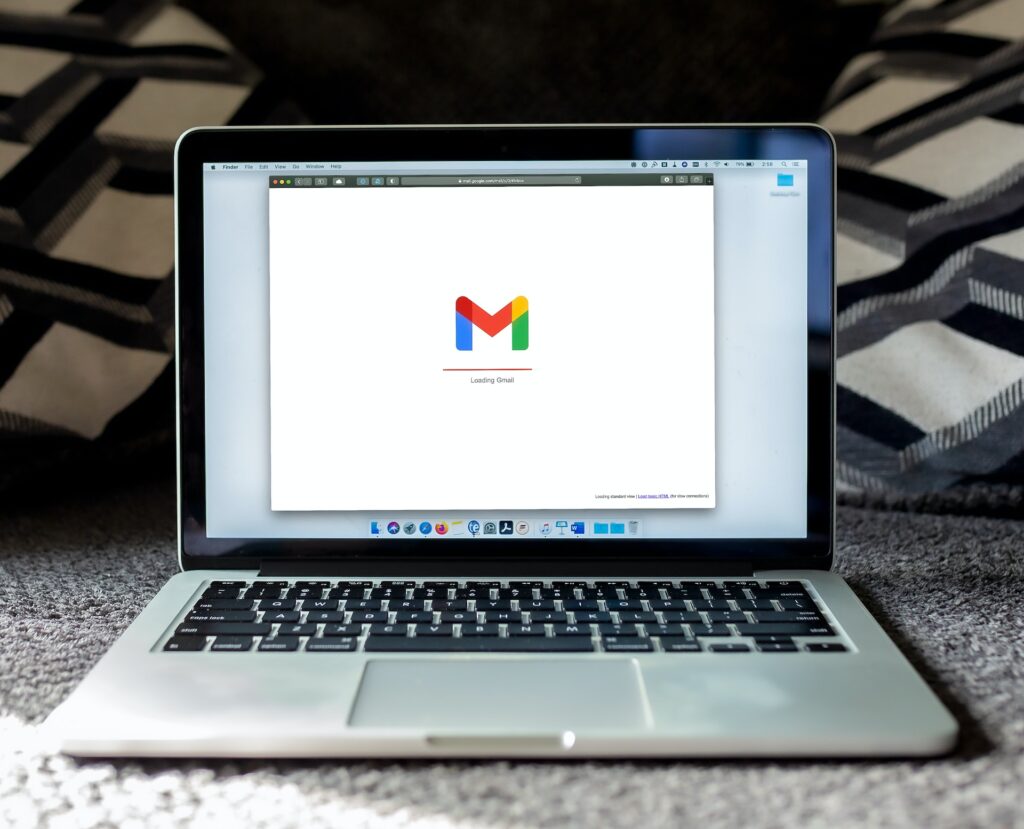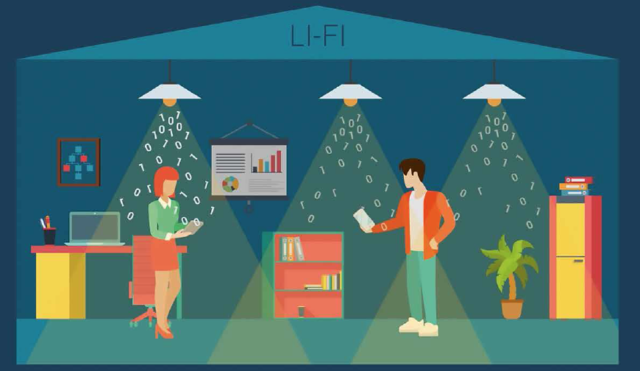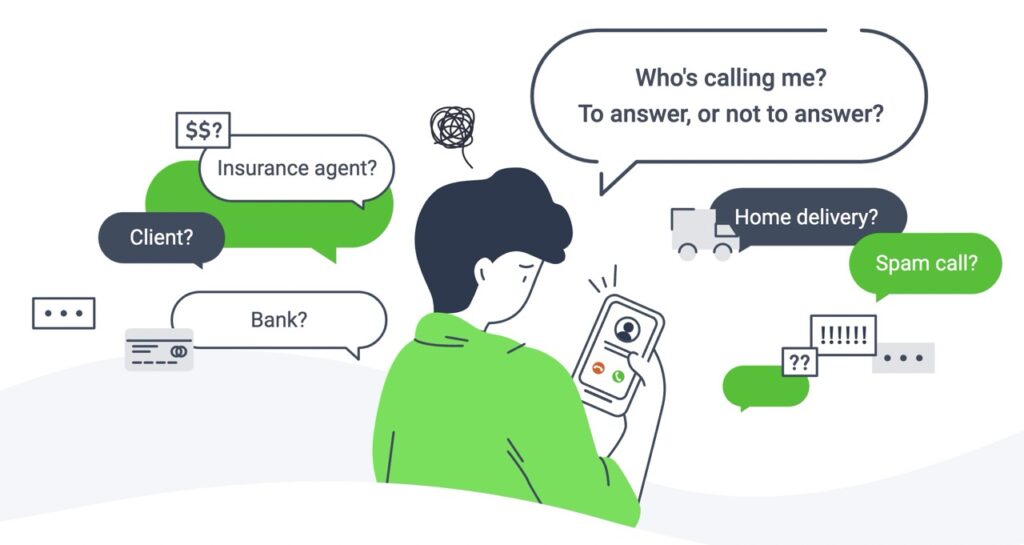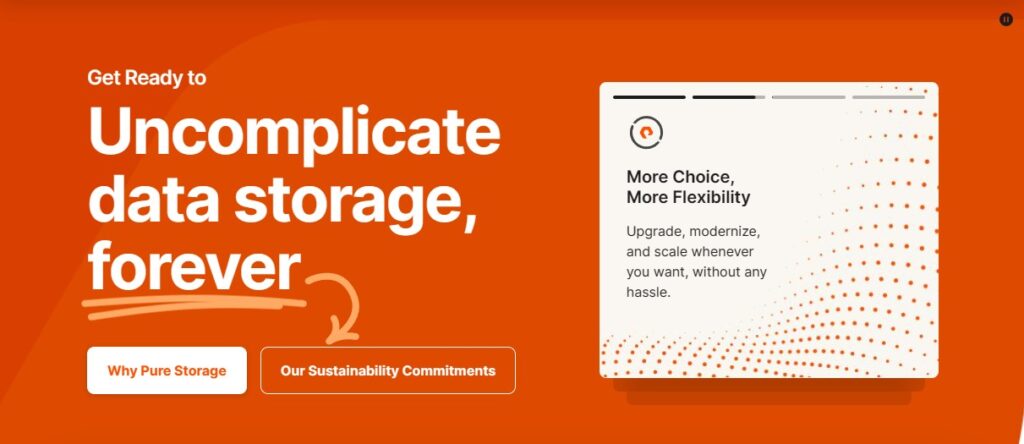Easy Ways to Safeguard Your Gmail Account
4 min read
If you’re reading this, chances are you are one of over 1.8 billion active Gmail users. You’ve also probably been hearing alarming stories about recent email hacking.
Whether you’re a casual email user or rely on Gmail for business, you’ll stay one step ahead of cybercriminals with this valuable insight on how to safeguard your email from future threats.
1. Avoid Phishing Attacks
Phishing is at the top of the list when it comes to popular cyberattacks and is ranked as the second most common cause of data breaches.
This common practice for cybercriminals involves sending seemingly legitimate emails or deceptive messages with one goal – to trick you into revealing your Gmail login credentials.
These are often disguised as trusted organizations or individuals and contain links to fake login pages that capture your username and password when entered.
How to protect yourself from common phishing attacks:
- Always double-check the sender’s email address.
- Never click on suspicious links.
- Enable two-factor authentication (2FA) for an added layer of security.
2. Check for Weak Passwords
We all know reusing passwords across multiple platforms is a big no-no, yet we still do it out of convenience.
But you know who it’s also convenient for? Hackers.
They can employ brute-force attacks or password-cracking techniques and easily gain access to your Gmail account, putting your sensitive information at risk.
Make it inconvenient for hackers to target you by:
- Creating strong, unique passwords.
- Using a password manager to store and generate complex passwords securely.
- Changing your password regularly.
3. Identify Account Recovery Scams
Hackers love to impersonate Google’s account recovery process.
They’ll do their very best to convince you to provide sensitive information, and if you do, they can then use that data to reset your password and gain control of your Gmail account, leaving you vulnerable to unauthorized access and potential data breaches.
According to research. 110.8 million accounts worldwide were breached in Q2 2023, compared to 41.6 million in the first quarter of the year.
Avoid these recovery scams by:
- Always verifying the legitimacy of account recovery requests.
- Being cautious when sharing personal information, even if it appears to be from Google.
4. Prevent Unauthorized Access to Connected Apps
It’s not uncommon for third-party applications and services to request access to your Gmail account for quicker, more convenient log-in.
Just know that if you grant them permission without due diligence, hackers could exploit this access. We must emphasize the importance of scrutinizing such requests to avoid compromising your email.
Before falling for this convenient trick:
- Review and manage connected apps in your Gmail settings regularly.
- Only grant access to trusted applications.
Using Cybersecurity Tools for Added Protection
To protect your Gmail account against potential threats, consider using these three cybersecurity tools.
-
Antivirus Software
Installing reputable antivirus software on your devices is like giving your digital life a suit of armor.
It’s a vigilant security guard, constantly scanning your computer or mobile device for any signs of malicious software or malware looking to steal your sensitive information.
If your guard detects a threat, you will be alerted immediately while your antivirus software springs into action, removing them from your system and ensuring your Gmail account remains secure.
This is a valuable tool for taking a proactive stance against potential threats.
-
Email Encryption
Before you send that email containing sensitive information, be sure to enable end-to-end encryption. This will ensure that only the intended recipient can decrypt and read the message. Hackers and cybercriminals will be disappointed to discover that the email they intercepted from you was rendered unreadable.
Keep security your primary goal by:
- Using the built-in encryption feature.
- Choosing email services that prioritize security.
- Putting an extra layer of protection around your sensitive correspondence, ensuring that it remains private and secure.
-
VPN (Virtual Private Network)
The VPN acronym stands for “Virtual Private Network.”
Think about how much time you spend on the internet, especially through public Wi-Fi networks.
Using a VPN today is as necessary as charging your laptop. Without it, your security is compromised and hackers can intercept your private information.
Public Wi-Fi hotspots are prime hunting grounds for cybercriminals. But, with a VPN in place, your data becomes a cryptic jumble for anyone attempting to eavesdrop, ensuring that your Gmail login credentials and communications remain hidden from prying eyes.
Conclusion
Securing your Gmail account is no longer an option, it’s a must. The cyberthreats increase daily, and by understanding the potential risks and implementing proactive measures, you can significantly reduce the chances of someone hacking your email.
Your online security is in your hands, so stay vigilant, use strong passwords, enable two-factor authentication, and don’t forget to take advantage of cybersecurity tools like VPNs to keep your Gmail account safe from cybercriminals.







